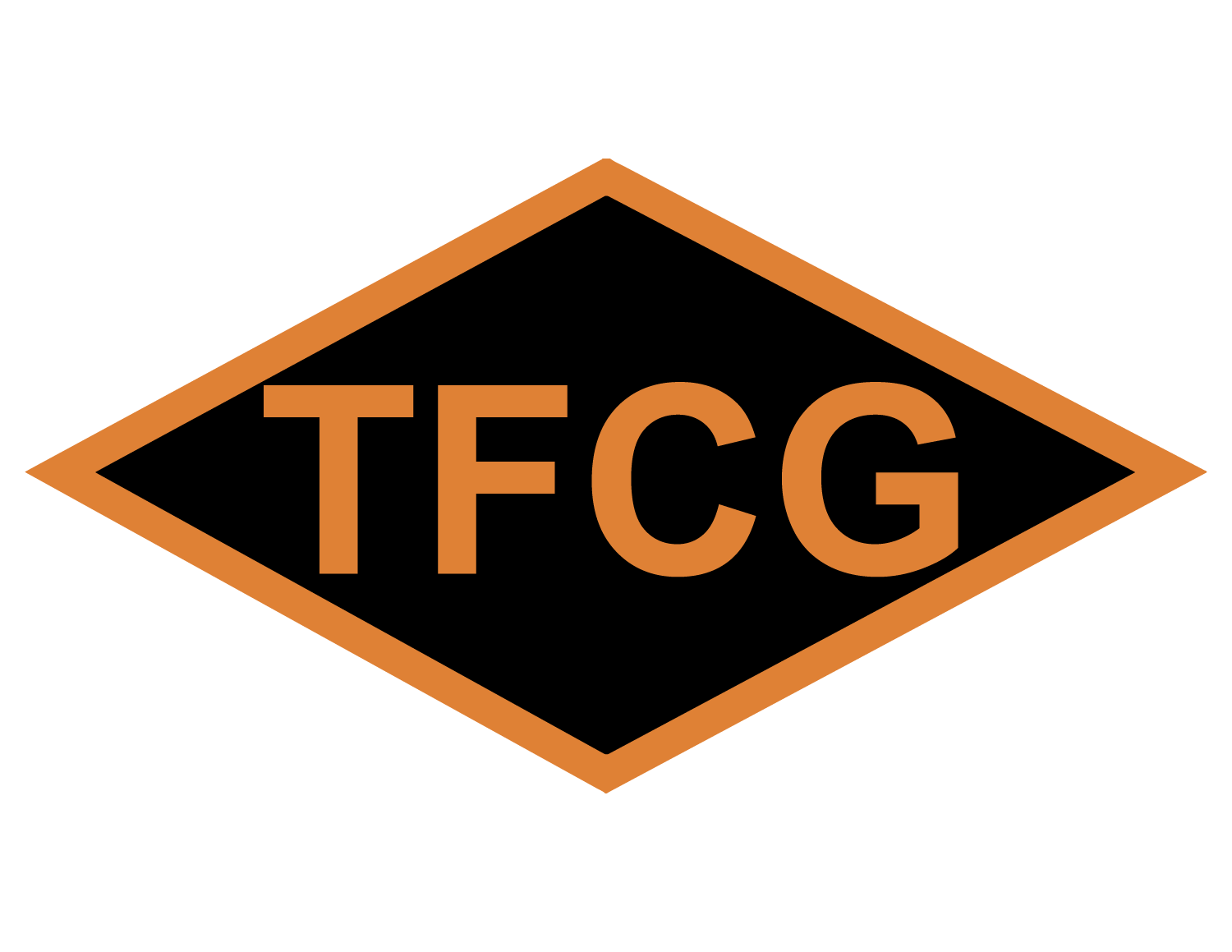Transitions (#161)
Transitions in life are about change. Transitions can happen suddenly, such as an accident, death, divorce, job loss, or serious illness. Other transitions in life come from positive experiences such as getting married, going away to college, starting a new job, moving to a new city, or giving birth to a child. Even though these positive events are usually planned and anticipated, they can be just as life-altering as the unexpected events. Whether positive or negative, transitions in life force us to leave behind the familiar and adjust to new ways of living. They can leave us feeling completely unprepared and throw us into a personal crisis. I previously wrote about transitions back in Post #59.
As William James once said, “Life is in the transitions.” I have been thinking a lot about transitions recently, as I read Bruce Feiler’s wonderfully researched book Life is in the Transitions: Mastering Change at Any Age. As Bruce notes, there are five truths about transitions:
Transitions are more plentiful than we expect
Transitions are nonlinear
Transitions are autobiographical events
Transitions take longer than expected
Transitions are essential to life
Bruce goes on to identify 52 disruptors, or an unsettling life event. These 52 events fall into the categories of Love, Identity, Beliefs, Work, and Body. His research also found that we experience one of these disruptors every 12 to 18 months for our entire life. For example, the average American will move 11.7 times during their life, will hold 13 jobs, and will be in 3 accidents. That’s a lot of transition.
Feiler further goes on to define “lifequakes” as a fundamental shift in the meaning or purpose of life, like switching careers, a major health crisis, or a death of a spouse or a child. My personal lifequake happened in 2014 — I changed jobs, moved, separated from my ex-, and began leading a significant cultural and organizational change at work. The average American experiences three to five of these lifequakes in a lifetime. The typical lifequake takes five years to overcome as people work through the three stages: the long goodbye, the messy middle, and new beginning.
Grit
I define grit as the will to persevere to achieve long term goals. A person’s grit is built upon six components: a purpose, a goal, perseverance, resilience, courage to deal with the fear of failure, and motivation. Grit is a helpful asset during a transition. Many times it takes an incredible amount of grit for someone to overcome their lifequake and reach their new beginning.
Of all the grit attributes, perseverance, or persistence in doing something difficult, stands out during transition. How can you develop more perseverance to apply towards your next transition? I have found three things exceptionally helpful in building perseverance – small grit wins, remembering past persistence, and building momentum.
So how do you build momentum? Momentum is a powerful tool. It makes it difficult to stop things once they are set in motion. In a corporate environment, Jim Collins, in his book Good to Great, has called momentum the ‘flywheel effect’. He defines the flywheel as the process that turns good companies into great companies “as a cumulative process – step, by step, action by action, decision by decision, turn by turn of the flywheel – that adds up to sustained and spectacular results.”
Moving? Put up a calendar and a list of everything that needs to get done for the sixty days prior to the move and thirty days after the move. Then do something everyday on the list. Want to write a book? Write every day for six months. Put up a calendar and cross the days off one-by-one so you can see a visual representation of the streak. Need to get healthier? Work out every day for a year. To get your streak going you may want to work out at the same time for the first week. Or tell a friend you are doing it and text or email every day you workout for more accountability.
If you’d like to learn about more ideas that can help develop your grit, my book Grow Your Grit: Overcome Obstacles, Thrive, and Accomplish Your Goals is available to order via Amazon here. If you read it and like it, I’d appreciate a review on Amazon as well. If you want a signed copy send me an email.
Conclusion
Transitions happen and we all experience a lot of them during our lives. Go on the offense in 2021 and 2022 and embrace your transition and use your grit to persevere your way through it.


